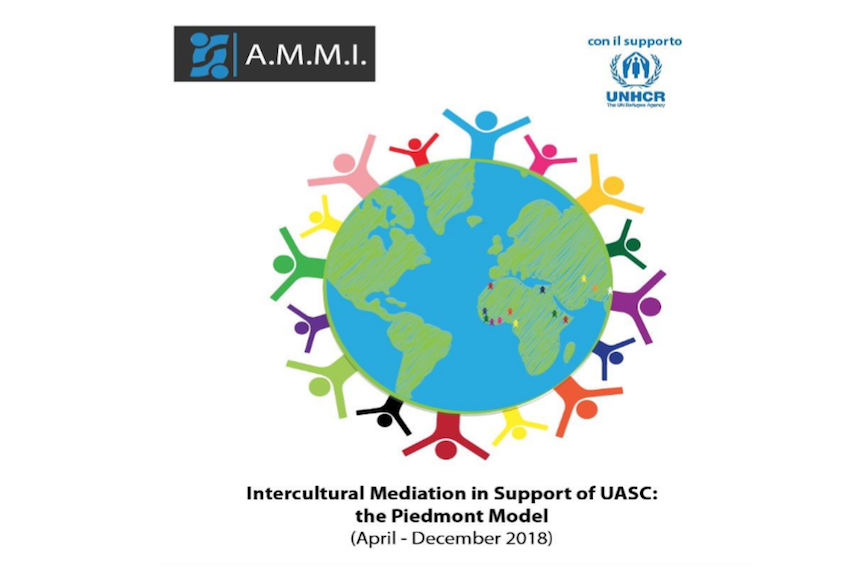Intercultural mediators, the need for a continuous presence
From the moment of its foundation, the AMMI has become a point of reference for many intercultural mediators present in the territory, through actions that have aimed at strengthening the figure, continuous training is the opening of new professional spaces and the insertion of the intercultural mediator . For this to happen, in addition to the basic training, the need for a continuous and specific updating of the intercultural mediator in the various areas where it operates emerges.
One of these areas is also the one that includes unaccompanied foreign minors, focus of the project under discussion, which aims to strengthen and validate the need for a continuous presence of the figure of the intercultural mediator during the whole process of accompanying the UAM accepted in Piedmont and:
- Overcoming the current condition of the intercultural mediator – spot / call interventions;
- Intercultural mediator empowerment at all levels: host community, within the multidisciplinary team, in the relationship with the voluntary guardian of the child, in contact with the local services
The results of the pilot initiative “Intercultural Mediation in Support of UASC: the Piedmont Model” * underlined the fundamental role of the intercultural mediator in the active work network around the foreign user (here, the UAM), if they are constantly involved in every moment of planning of the minor.
Furthermore, at the individual level, the intercultural mediators involved showed a qualitative leap in their intervention, reinforcing the idea of intercultural mediation as a profession which, exercised and supported by documentary work, can be oriented more optimistically towards legal recognition and a recognition within the work network of other aid professions.
* The project “Intercultural mediation in support of an unaccompanied and separated children (UASC): the Piedmont model “, created by the Multi-ethnic Association of Intercultural Mediators (AMMI)in the period April-December 2018, with the support of the UNHCR, it is proposed to strengthen the presence of the intercultural mediator (MI) during the whole process of accompanying unaccompanied foreign minors (UAMs) welcomed in Piedmont. The project line was careful to ensure the widespread involvement of specific realities in the subalpine territory, such as the Foreign Minors Office of the Municipality of Turin, the first and second reception communities of the Susa Valley, the Piedmont Region (as regards the definition of intervention policies), the Juvenile Court and the Guarantor of Childhood and Adolescence.
The activities carried out in the early months of 2018 provided for a definition of the training needs of intercultural mediators with respect to the need for support shown by the UAMs. On the basis of this analysis, a multidisciplinary 30-hour training course was organized in May by the AMMI and UNHCR trainers which involved a group of 18 intercultural mediators identified by the AMMI, of the same origins as the most common communities numerous unaccompanied foreign minors present in Piedmont.
Finally, from June to December 2018, the field trial involved 13 intercultural mediators, who joined some MSNA with 4/5 hours of intervention a week.
The modeling of the experimented work aims to allow a comparison with other contexts. The actions planned and initiated within the project that have achieved positive results will therefore be proposed as good practices, first at local and then national level, facilitating their replicability and diffusion in other regions.

